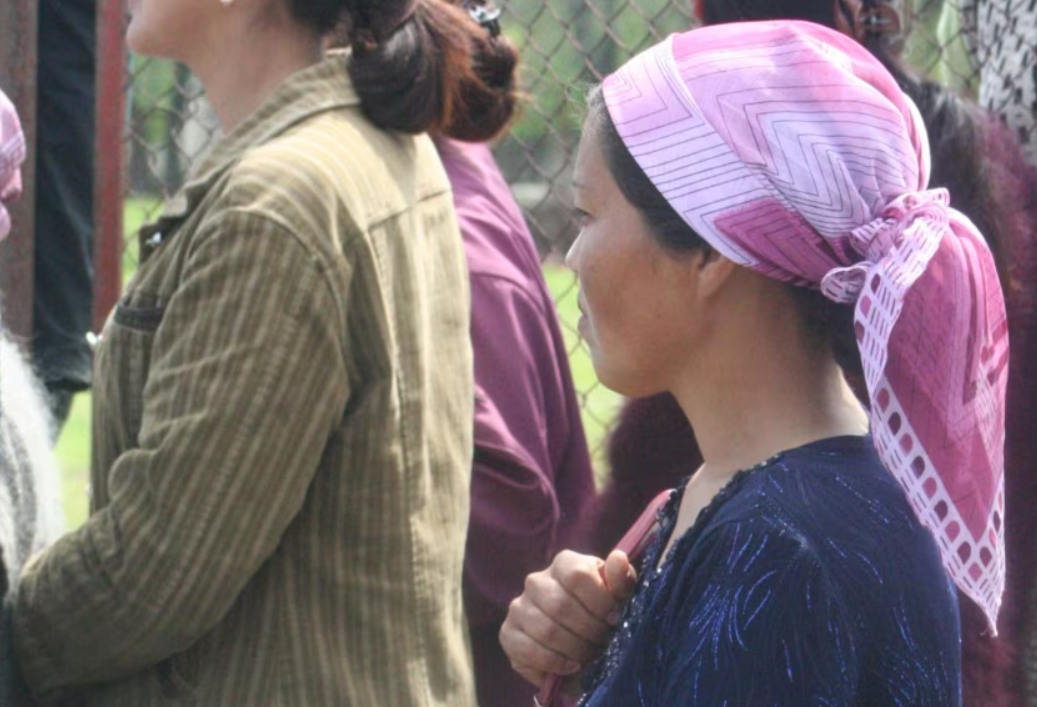Central Asia's migrant women
According to data from the Kyrgyz Ministry of Labour, at the end of 2024 women accounted for 55% of the more than half a million Kyrgyz working abroad. But the Organisation for Migration denounces their greater exposure to job insecurity, violence and severe psychological pressure.
Bishkek (AsiaNews) - Women who go abroad to seek work find themselves in fragile and unprotected conditions, not only in the foreign country where they work to support their families, but also when they return home, as illustrated by research from the International Organisation for Migration, following an investigation in Kyrgyzstan and Tajikistan. Abroad, they often face contemptuous and discriminatory attitudes, while at home they are accused of inappropriate behaviour, with very little understanding.
Thirty-three-year-old Ajzat recalls to Radio Azattyk her eight years living in Moscow, where “I got very tired washing floors and cleaning toilets, while the Russians looked at me with irritation and talked in disgusted tones, but I put up with it so as not to leave my children hungry”.
A year and a half ago, she returned to Bishkek, and with the money she had earned, she managed to buy a small house where she lives with her children. Looking back, she has only dark memories, recounting the many days she had to be separated from them.
When she left for Moscow, ‘I was afraid that my family would fall apart,’ says Ajzat, who did indeed separate from her husband when her youngest child was just over a year old, and did not see them go to school, but ‘now they are with me, and I feel really happy,’ even though her husband's relatives do not treat her very well.
Men who return from labour migration with good earnings are considered heroes, while women are always viewed with great suspicion. In reality, more and more women are going abroad in search of work, due to growing economic difficulties and also because job roles are now less exclusive in Russia and other countries, allowing women to find opportunities in many sectors.
According to data from the Kyrgyz Ministry of Labour, at the end of 2024, women accounted for 55% of the more than half a million Kyrgyz working abroad, with a total profit of .8 billion, half of which was earned by women, accounting for 17% of the country's entire GDP. Migration is almost never voluntary, but forced by the economic conditions of families, to pay for their children's education and repay loans.
Some women follow their husbands when they move for work, such as 35-year-old Žajnagul, who travelled to Moscow from the Kyrgyz city of Oš in 2017 with the intention of saving up to build a house.
Her children were left in the care of her mother, causing her great suffering and even depression, and her work was non-stop, with no days off or holidays. The couple managed to buy a house with a long-term loan, but the construction company went bankrupt, and all hope seemed lost, forcing them to start over in what Žajnagul describes as a “struggle for survival”.
After five years, she returned to Kyrgyzstan and then tried again to work in Moscow as a cook, coinciding with the attack on Krokus City Hall and the increasingly oppressive and bloody wave of xenophobia, so that “it was impossible to walk around the city alone, we lived in terror” until she managed to return to Oš.
According to data from the Organisation for Migration, 18% of women working abroad suffer violence or severe psychological pressure, 8% of employers withdraw their passports, and 6% are paid reduced wages.
More than half of them are forced to return home for family reasons, without achieving their goals, and remain unemployed, at best finding some small job in the service sector. The vast majority of Kyrgyz and Tajik women say they do not know where to turn for assistance, to look for work at home and to obtain legal help. In these countries, there are no specific programmes for the reintegration of migrant workers, let alone for women
. When a woman returns from abroad, her relatives try to keep her at home, without helping her to find employment, and migration in general is seen as a problem rather than a social opportunity.
11/08/2017 20:05







.png)










